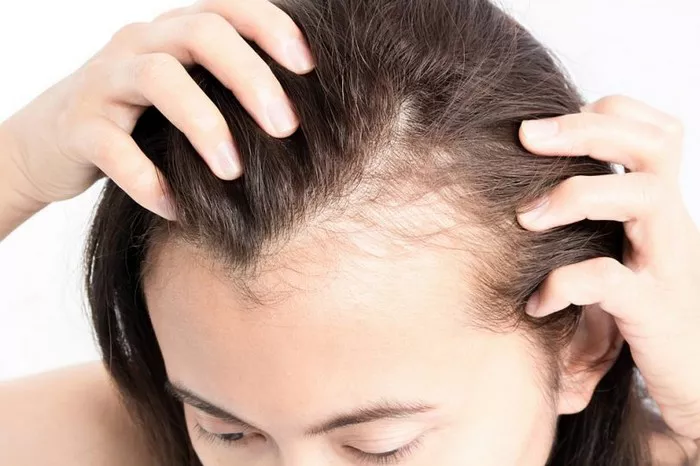Hair loss can be a distressing experience, impacting one’s self-esteem and overall well-being. While mild hair loss is a common occurrence, extreme hair loss requires careful attention and proactive measures. This article explores effective strategies to address severe hair loss and promote a healthier scalp.
1. Consultation with a Dermatologist:
The first step in addressing extreme hair loss is seeking professional advice. Schedule a consultation with a dermatologist who specializes in hair and scalp health. They can identify the underlying causes of your hair loss, whether it’s genetic, hormonal, or related to a medical condition. A comprehensive examination will guide personalized treatment options.
2. Explore Nutritional Deficiencies:
In some cases, extreme hair loss may be a result of nutritional deficiencies. A well-balanced diet rich in vitamins and minerals is crucial for maintaining healthy hair. Iron, zinc, biotin, and vitamins A and D play vital roles in hair growth. Consider incorporating nutrient-dense foods or supplements into your diet after consulting with a healthcare professional.
3. Gentle Hair Care Routine:
Aggressive hair care practices can exacerbate hair loss. Opt for a gentle hair care routine that includes mild shampoos and conditioners. Avoid excessive heat styling and tight hairstyles, as they can strain the hair shaft and contribute to breakage. Be mindful when brushing wet hair, as it is more susceptible to damage.
4. FDA-Approved Treatments:
For those experiencing extreme hair loss, topical treatments approved by the Food and Drug Administration (FDA) may be recommended. Minoxidil is a common over-the-counter medication that promotes hair regrowth by increasing blood flow to the hair follicles. Finasteride, available by prescription, is another option that inhibits the hormone responsible for hair loss.
5. Platelet-Rich Plasma (PRP) Therapy:
PRP therapy involves injecting a concentration of platelets from your own blood into the scalp. These platelets contain growth factors that stimulate hair follicles, promoting hair growth. While more research is needed to fully understand its effectiveness, many individuals have reported positive results.
6. Low-Level Laser Therapy (LLLT):
LLLT is a non-invasive treatment that uses low-level lasers or light-emitting diodes to stimulate hair follicles and encourage growth. It is available in various forms, including laser combs and helmets. While the scientific community is still exploring its long-term efficacy, some studies suggest that LLLT may be a promising option for managing hair loss.
7. Stress Management:
Chronic stress can contribute to hair loss, making stress management an essential component of any treatment plan. Incorporate relaxation techniques such as meditation, yoga, or deep breathing exercises into your daily routine. Adequate sleep and regular exercise also play crucial roles in overall well-being and may positively impact hair health.
8. Wigs and Hairpieces:
For those looking for immediate solutions, wigs and hairpieces provide a cosmetic remedy for extreme hair loss. Modern options offer a natural appearance and comfort, allowing individuals to regain confidence while undergoing other treatment measures.
9. Surgical Interventions:
In cases of severe hair loss, surgical interventions like hair transplantation may be considered. This involves transplanting hair follicles from a donor area to the affected area. While it can yield significant results, it is essential to thoroughly discuss the potential risks and benefits with a qualified surgeon.
10. Emotional Support:
Dealing with extreme hair loss can be emotionally challenging. Seek support from friends, family, or a counselor to cope with the psychological impact. Support groups and online forums can connect you with others experiencing similar struggles, providing a sense of community and understanding.
See Also: [Revealed!] The Reasons Behind the Urge to Pull Out Hair
In conclusion
Extreme hair loss requires a multi-faceted approach that addresses both the underlying causes and the emotional impact on individuals. Consulting with a dermatologist, adopting a healthy lifestyle, exploring various treatment options, and seeking emotional support are integral steps in managing and mitigating extreme hair loss. Remember, each person’s experience is unique, so a personalized approach guided by professional advice is essential for the most effective results.


